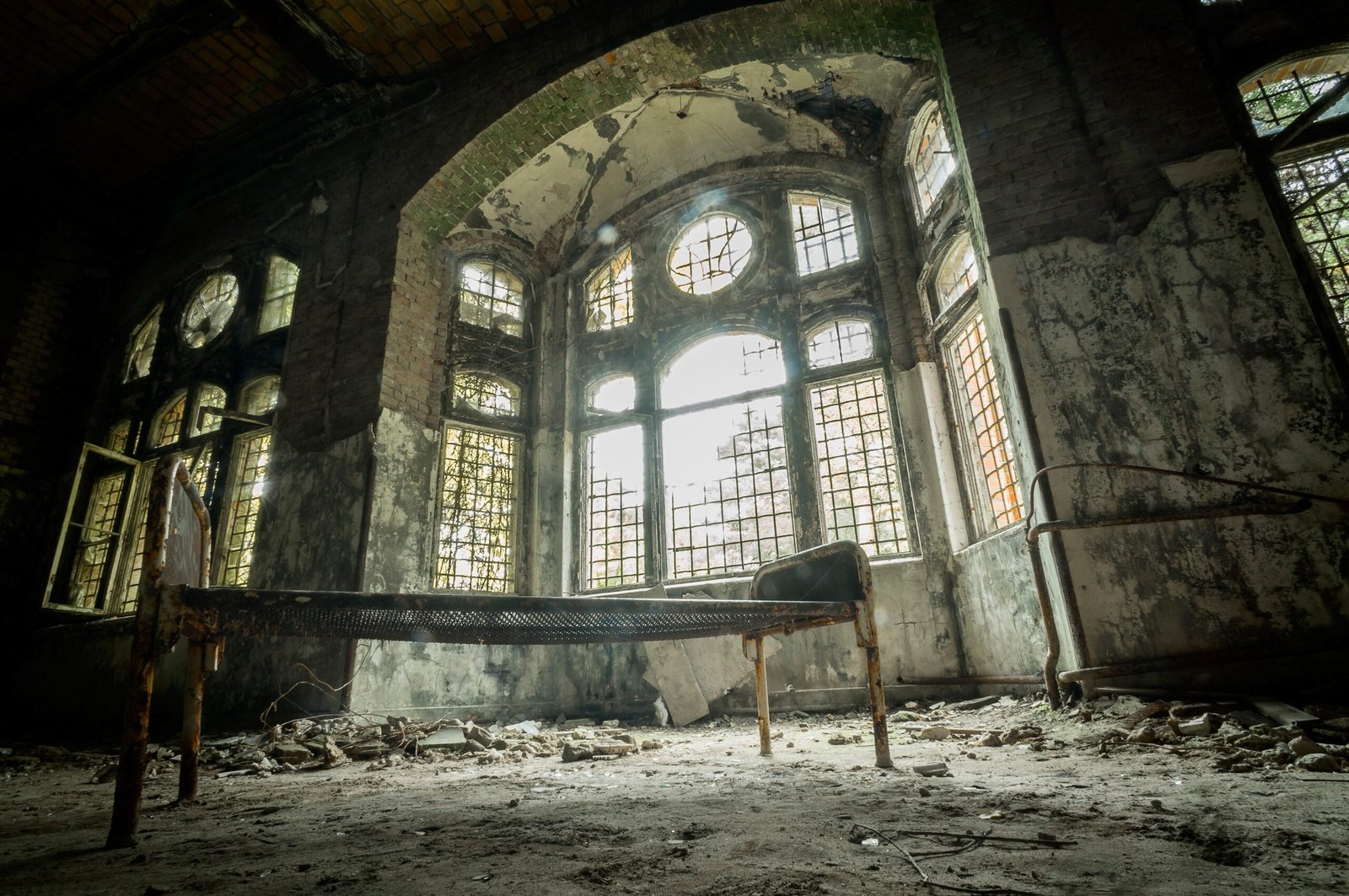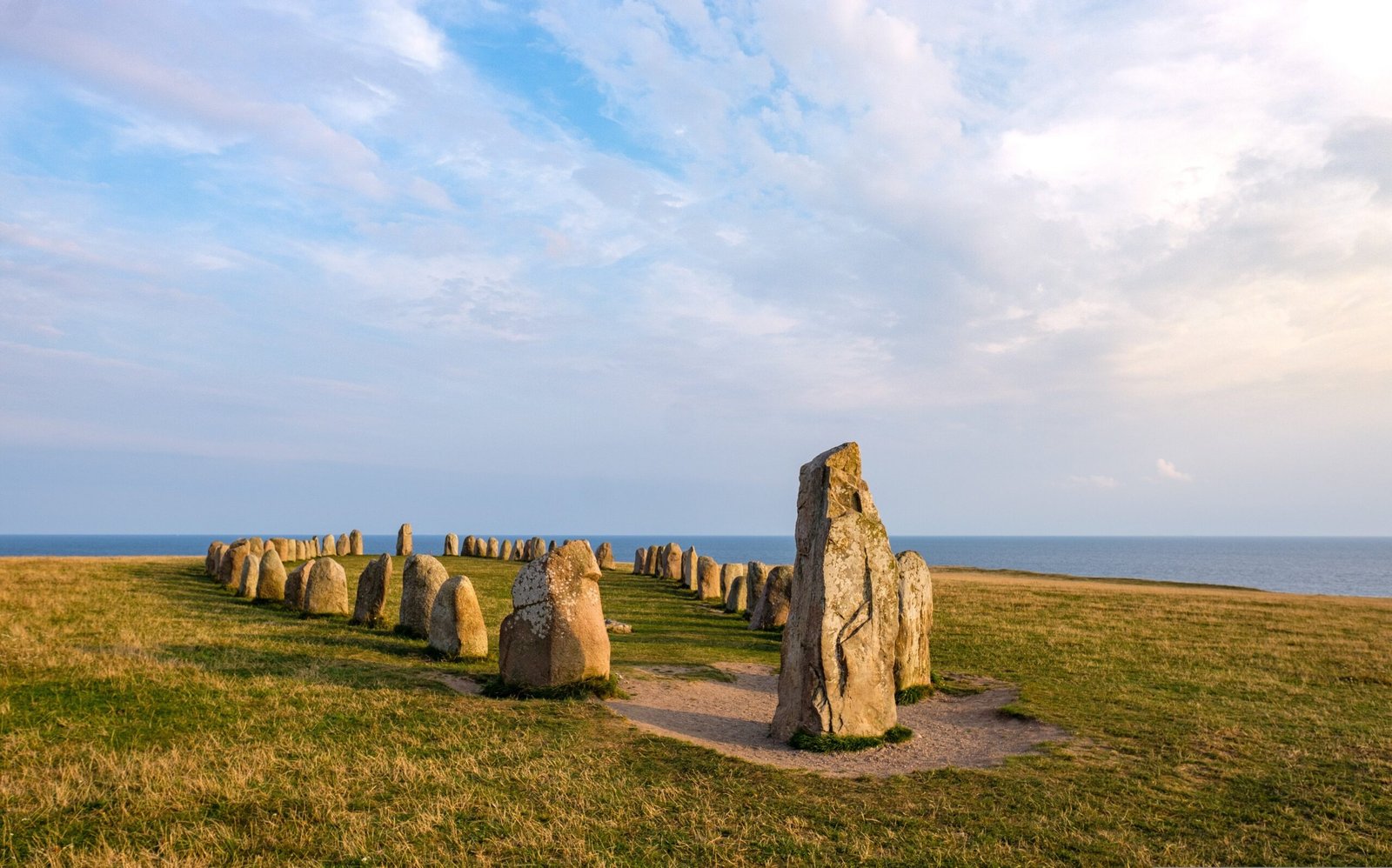Long before European empires rose to power, one African city was wealthier than ancient Rome. Discover the forgotten city whose riches, knowledge, and influence once shook the world.
The Forgotten African City That Was Richer Than Ancient Rome
When we think of ancient wealth and grandeur, minds often jump to Rome, Athens, or Babylon.
But buried beneath centuries of silence lies the true story of an African city whose wealth and influence once rivaled and may have surpassed ancient Rome.
Welcome to Timbuktu: the lost jewel of West Africa, once so rich, so learned, and so influential that even Europe whispered its name in awe.
Timbuktu: More Than Just a Name
Located in modern-day Mali, Timbuktu was a flourishing center of trade, education, and wealth during the 13th to 16th centuries.
But far from being a myth or fabled city, Timbuktu was a real urban powerhouse built on gold, salt, and intellect.
At its peak, Timbuktu’s prosperity outshone many European cities, including ancient Rome in its early imperial days.
Riches Beyond Imagination: Gold, Salt & Trade
Timbuktu sat at the crossroads of trans-Saharan trade routes, connecting:
West African gold mines
North African salt caravans
Egyptian merchants
Mediterranean traders
It became a hub for gold, ivory, slaves, textiles, books, and salt and controlled much of the trade flowing across the African continent.
At its height, Timbuktu alone may have controlled nearly two-thirds of the world’s gold supply.
The Mansa Musa Effect
No story of Timbuktu is complete without mentioning Mansa Musa, emperor of the Mali Empire in the 14th century and widely regarded as the richest man in recorded history.
His 1324 pilgrimage to Mecca disrupted entire economies with how much gold he gave away.
He built mosques, schools, and libraries, elevating Timbuktu into a legendary seat of learning.
According to historians, Mansa Musa’s net worth in today’s dollars could exceed $400 billion.
And yes, Timbuktu was his crown jewel.
The City of Scholars: Africa’s Hidden Harvard
Timbuktu wasn’t just rich in gold it was rich in knowledge.
Home to the University of Sankoré, one of the world’s oldest higher learning institutions.
Hosted over 25,000 students and scholars in its prime.
Held over 700,000 ancient manuscripts covering mathematics, astronomy, medicine, law, and philosophy.
Some documents were written centuries before similar ideas reached Europe.
Timbuktu was called the “Athens of Africa”, but it may have been even more advanced in some areas.
Architecture & Culture
The city’s iconic mud-brick architecture, such as the Djinguereber Mosque (built in 1327), stood as a symbol of its grandeur.
Visitors were awed by its urban planning, learning centers, marketplaces, and sophisticated social structure.
So Why Did the World Forget?
Timbuktu’s decline began in the late 16th century:
The Moroccan invasion of 1591 disrupted trade routes.
European sea trade replaced trans-Saharan caravans.
The city suffered from colonial neglect and was written off by Western historians.
Worse still, many manuscripts and treasures were lost, stolen, or destroyed erasing Timbuktu from the world’s imagination.


Rediscovery and Modern Legacy
In recent decades, scholars and archaeologists have rediscovered Timbuktu’s historical texts, now digitized and preserved.
Despite political instability and threats from extremist groups, local Malian citizens have risked their lives to save the ancient manuscripts, proving that Timbuktu’s legacy still burns bright.
Did You Know?
Timbuktu’s libraries once held texts rivaling the Library of Alexandria in volume and variety.
European explorers in the 18th century searched for Timbuktu, believing it held unimaginable treasure.
The phrase “from here to Timbuktu” originated as a reference to a far-off, legendary place of wealth.
The Takeaway
Long before skyscrapers and Silicon Valley, an African city led the world in wealth, wisdom, and wonder.
Timbuktu wasn’t a myth.
It was a real empire of influence, a symbol of Africa’s golden age and a reminder that history is far richer and more diverse than we have been taught.














